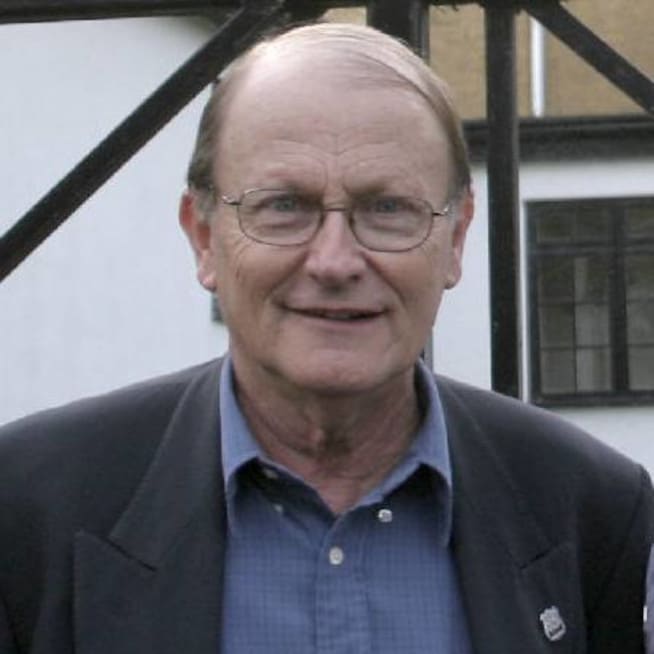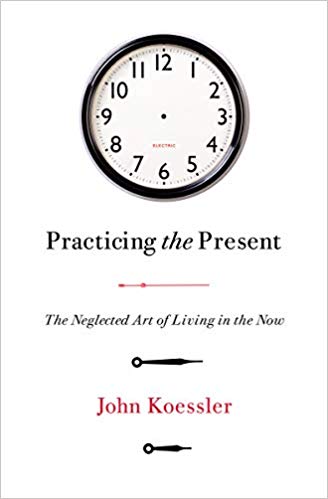Related Articles
The Missionary of the 1970’s
For simplicity’s sake, permit me first to characterize the missionary of the seventies in a five-fold manner: (1) He must be rooted in Christ; (2) he must be anchored in the Word; (3) he must be filled with the Spirit; (4) he must be related to the church; (5) he must be geared to the times.
The Global Impact of George Verwer
By David Greenlee and Greg Kernaghan | George Verwer, founder of Operation Mobilisation, passed away on April 14, 2023. His impact in global missions reverberated far beyond the boundaries of OM. God used him to help shape its multicultural and multinational the future.
Why I have been weeping over the death of George Verwer
Are the values and assumptions of various cultures in conflict with adult learning principles, or are these principles culturally transferable?
Practicing the Present: The Neglected Art of Living in the Now
It’s easy for us as mission related people to speak to others about Jesus who cared for the poor, healed the sick, and preached love and justice for the under privileged.
Welcoming the Stranger
Presenter: Matthew Soerens, US Director of Church Mobilization, World Relief Description: Refugee and immigration issues have dominated headlines globally recently. While many American Christians view these…




